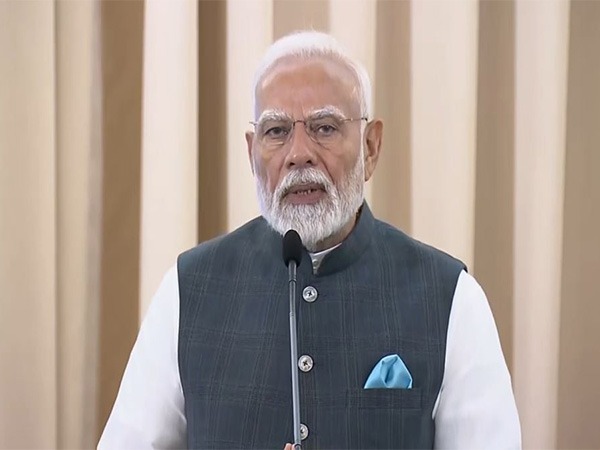New Delhi [India]: Prime Minister Narendra Modi hailed the passage of the Waqf (Amendment) Bill 2025 and the Mussalman Wakf (Repeal) Bill as a “watershed moment”, asserting that the legislation would bring transparency, accountability, and empowerment to marginalised communities.
PM Modi’s Statement on the Bill
🔹 Empowering the Marginalised: Modi emphasized that the bill would particularly benefit Muslim women, poor Muslims, and Pasmanda Muslims, who have long been denied “both voice and opportunity” due to a lack of transparency in the Waqf system.
🔹 Commitment to Social Justice: He reaffirmed the government’s dedication to social justice, stating that the amendments will safeguard people’s rights and modernize Waqf governance.
🔹 Acknowledgment of Parliamentary Debate: Modi expressed gratitude to MPs, committee members, and the public for their contributions in strengthening the bill.
Opposition’s Criticism
The passage of the bill, which was approved in Rajya Sabha with 128 votes in favor and 95 against, drew sharp criticism from opposition leaders.
🔻 Mallikarjun Kharge (Congress) called the government’s approach “negative”, accusing it of pushing the bill without considering alternative perspectives.
🔻 Congress MP Ranjeet Ranjan described it as “unfortunate”, alleging that the amendments target a specific community rather than promoting inclusivity.
🔻 TMC MP Sagarika Ghose termed it “anti-constitutional”, criticizing the “bulldozing” of the bill without proper consensus-building.
Government’s Defense
🔹 Union Minister Kiren Rijiju defended the bill, dismissing opposition claims as misleading.
🔹 Rijiju announced that the bill would be renamed as the UMEED (Unified Waqf Management Empowerment Efficiency and Development) Bill, symbolizing a new era of efficiency and accountability.
🔹 The bill incorporates recommendations from the Joint Parliamentary Committee and aims to streamline Waqf property management, enhance digital record-keeping, and strengthen Waqf Boards.
With this legislation, the Modi government aims to reshape Waqf governance, but the political divide over the bill suggests that the debate on its long-term impact is far from over.


